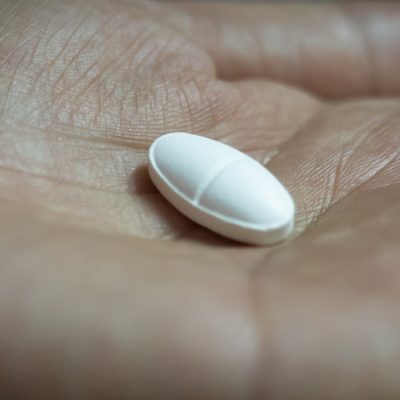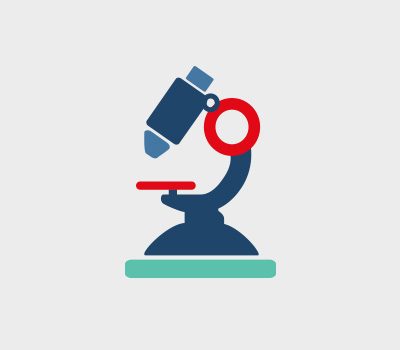
Working towards an improved patent system, to achieve more affordable medicines in Morocco.
We’re working to increase access to affordable medicines in Morocco, where an estimated 20,000 people are living with HIV. Of those, 11,635 are on treatment (58%). The prevalence rate is less than 0.1%, but rises to 5.9 % among gay men and other men who have sex with men, and 7.1 % among people who inject drugs. 265,000 people are estimated to be living with Hepatitis C in the country in 2019, which is expected to reduce to 209,000 in 2020. According to WHO estimates from 2015, there were 30,636 cases of TB (28,955 new cases and 1,681 cases of relapses).
To ensure all people can access the medication they need for HIV, Hep C and/or TB, a holistic approach to access to treatment, tackling both stigma and the prices of medicines, is a priority for civil society.
The Moroccan government has made minimal steps towards universal health coverage. There is basic medical coverage, but over 50% of health expenditure is paid by households. Each year, many families are plunged into poverty because of the health expenses they have to pay directly. More funding is needed for the Moroccan health budget. Additionally, essential medicines need to be priced fairly, so that they are more affordable both for individuals and to allow the scarce health budget to stretch further.
The Ministry of Health is promoting the commercialization of generic medicines in Morocco by simplifying procedures. However more competition is required, which is frequently prevented by the granting of unmerited patents. Morocco is banned from filing pre-grant patent oppositions by a clause in a free trade agreement (FTA) signed with the USA, and so other strategies are required to prevent unfair monopolies.
Due to the pressure exerted by civil society, including ITPC-MENA, new amendments to the law allowed third parties to file comments and minor provisions, as an alternative to pre-grant objections. However, these new mechanisms have yet to be tested.
Our focus:
ITPC-MENA is our campaign partner in Morocco. It is focused on improving the country’s patent system by integrating public health safeguards and reducing the number of low quality patents in the Middle East and North Africa (MENA) region, to make medicines affordable.
ITPC-MENA’s priorities include:
- Ensuring access to recent optimal treatment against HIV, Hep C and TB: ITPC-MENA is advocating for integrating dolutegravir (DTG) as a first-line treatment in Morocco, as recommended by WHO, to reduce the need for more expensive second- and third-line regimens. We also aim to introduce robust generic competition on Hep C direct-acting antivirals (DAAs) to decrease current prices, and make more effective TB drugs available.
- Inclusion in ‘price deals’: Morocco is often excluded from voluntary licences (VLs). ITPC-MENA will build on previous advocacy success, which resulted in DTG later being included in a VL, for example, to advocate for the country to be included in any ‘deals’ made on medicines.
- Long-term change: VLs can provide price reduction in the short-term and on a drug-by-drug basis. ITPC-MENA is also focused on long-term change. The organization is raising awareness of what’s causing high prices, in order to create demand and change the national treatment guidelines to be more public-health friendly. This includes ensuring generics are entering the market, registered and used.
- Preventing or revoking unfair patents: ITPC-MENA will put the new legal amendments such as introduction of patent examination, third party observations to the test, by filing observations on low quality patent applications, as a route to preventing unfair monopolies.
- Prevent TRIPS Plus measures in the EU FTA: Morocco is engaged in negotiations with the European Union for an FTA that may include additional TRIPS Plus provisions. ITPC-MENA succeeded in mobilizing a large coalition of civil society, workers unions and political parties to block negotiations because of the damaging nature of the intellectual property (IP) chapter. Negotiations are expected to restart again and the coalition will continue to push back against measures that protect profits to the detriment of public health. ITPC-MENA will also work with stakeholders to minimize negative impact of previous FTAs signed like the one with the USA.
Relevant documents:
Last updated July, 2019.
Read all the Morocco news articles




